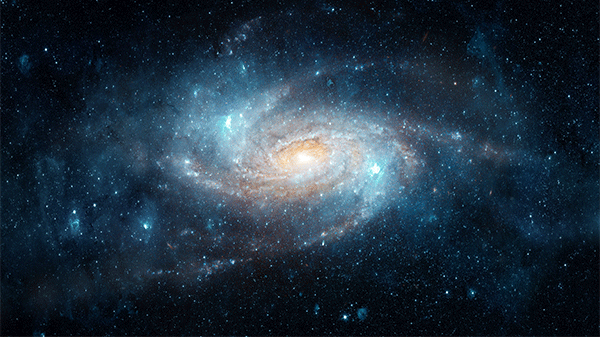Exclusively for AI Enthusiasts
Here’s another blog that has little to do with HR, but if you’ve read any of my earlier posts, you probably know that I have a fascination with artificial intelligence. So, here we go again…
Are We All in a Computer Simulation?
Elon Musk recently stated that he believes it’s highly probable we’re living in a computer simulation – essentially, that nothing we see or feel is real. In fact, he went as far as to say that the odds of us not being in a simulation are ‘one in billions.’
Normally, I might let such an extraordinary claim wash over me, but this was no ordinary scientist; this was Elon Musk speaking. Here are a few things that I know about him:
- He’s the world’s richest man.
- He revolutionized electric cars.
- He heads a company that can send a huge rocket 40 miles into space and bring it back for an impeccable landing exactly where it started.
- He bought Twitter and reshaped its direction.
- He’s recently been appointed as an advisor to the new U.S. government.
Additionally, Musk co-founded PayPal and OpenAI, the ‘parent’ of ChatGPT. With credentials like that, I figured his statement deserved some serious consideration.
Figures that Excite Me
The idea of living in a simulation might sound absurd – until you consider what scientists claim is reality.
Me Among the UK Population
I’m just one individual out of the 65 million people in the UK. If you tried to count all those people at a rate of one per second, it would take you more than two years.
The UK Compared to Earth
You could fit 1,600 United Kingdoms on the surface of the Earth.
The Earth Compared to the Sun
Our Sun could contain more than a million Earths.
The Sun in the Galaxy
The Milky Way contains at least 100 billion stars. If you started counting them at one per second, you’d need over 3,000 years to finish.
Our Galaxy in the Universe
There are at least 100 billion galaxies in the universe.
Come on now – the scientists are having a laugh at our expense. Those figures are beyond impossible.
The Size That I Am
I used to think I was just a tiny speck in the grand scheme of things. But scientists assure me otherwise. Apparently, the human body contains 36 trillion cells, and each cell is made up of up to 42 million molecules.
Far from being small, it turns out I’m truly gigantic – if I’m to believe the scientists.
Honestly, who can believe all of this? I’m back to siding with Elon Musk: we’re probably part of a simulation.
Still Skeptical About the Simulation?
If you’re not convinced, consider this representation of the universe’s timeline, known as the Cosmic Calendar:
- The Big Bang occurs at 12:00 AM on January 1.
- The Earth forms around September 15.
- The first life appears around September 21.
- Dinosaurs arrive on December 25 and go extinct by December 30.
- Humans appear at 11:52 PM on December 31—just eight minutes before midnight.
In this cosmic perspective, humans have existed for only the last eight minutes of the year. Elon Musk’s theory certainly seems more plausible than that!
The Fermi Paradox
In 1950, physicist Enrico Fermi posed a question after hearing scientists discuss the billions of stars in the universe: “Where is everybody?”
If there are so many stars likely to have planets capable of supporting life, why haven’t we received any signals or evidence of intelligent civilisations? Over 70 years later, the silence persists
Possible Explanations
Here are some of the most plausible theories proposed over the years to explain this radio silence:
- Rare Earth: Intelligent life might be extremely uncommon or unique to Earth.
- The Great Filter: Life faces nearly insurmountable barriers to becoming advanced.
- Zoo Hypothesis: Aliens might observe us but avoid revealing themselves.
- Unrecognizable Technology: Alien signals or technologies could be beyond our understanding.
- Self-Destruction: Civilizations might destroy themselves before exploring space.
- Vast Distances: The universe is so immense that contact is impractical.
- We’re Early: Humans could be among the first intelligent species.
- Dark Forest Hypothesis: Aliens stay silent to avoid attracting hostile civilisations. Should we be concerned?
I Don’t Want to Worry You But…
Pay particular attention to theory number two – the “Great Filter.” Could this occur when artificial intelligence surpasses human intelligence? Many scientists predict this event, known as the Singularity, will happen before 2050.
On The Other Hand…
When the Singularity happens, computers might rapidly improve themselves, producing more advanced versions in the twinkling of an eye. If AI remains on humanity’s side, life could improve beyond our wildest dreams.
My Personal Conclusion
If hostile AI emerges by 2050, I hope Elon Musk is right, and we’re living in a simulation. If AI remains friendly, then I hope Musk is wrong. Either way, I hope that I’m around to see it.
Colin King – CEO of HR Quizzes

